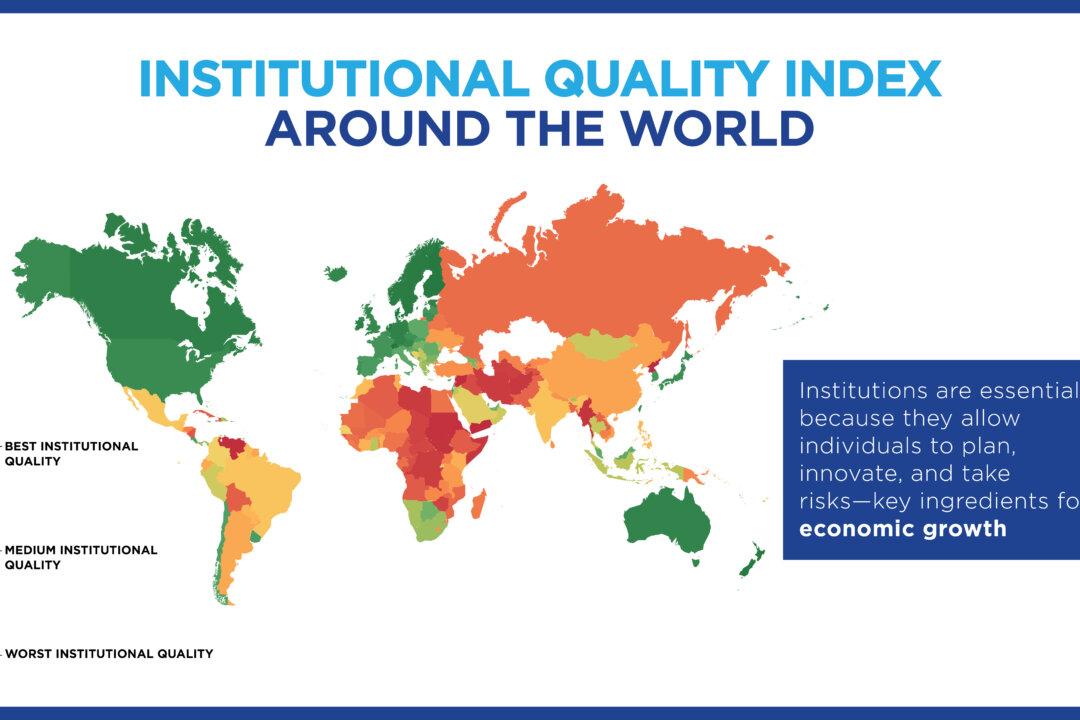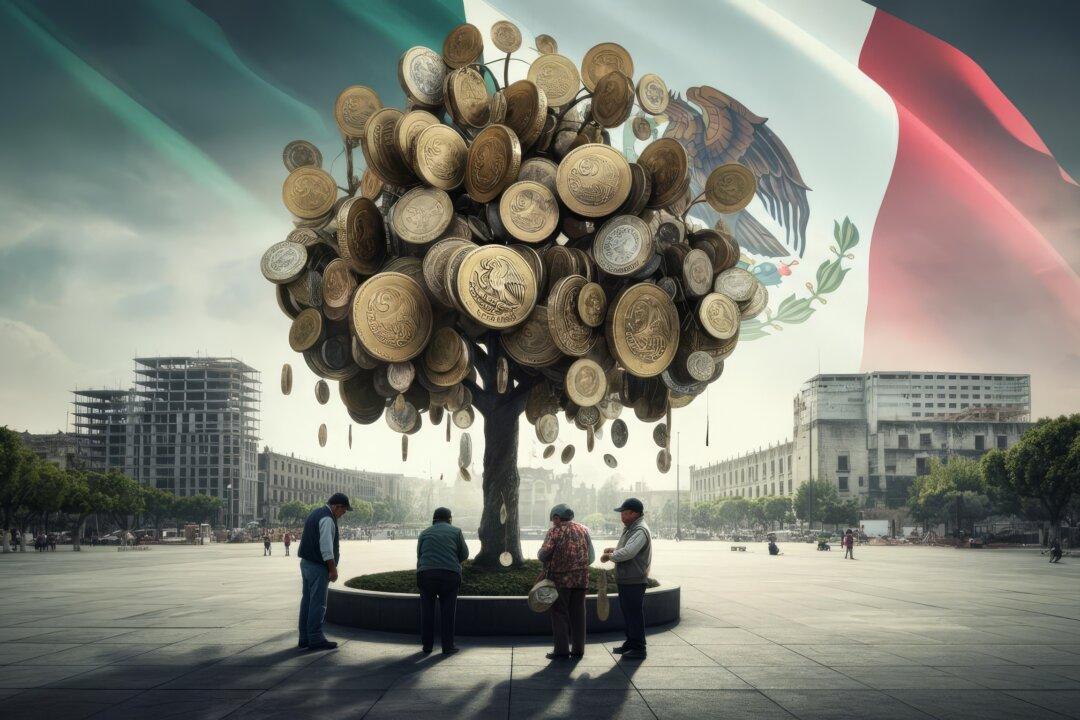Commentary
What Is Institutional Quality, and Why Is It Important for Economic Progress?
Institutions are the rules of the game that shape human behavior. They include laws, codes of conduct, and both formal and informal customs that structure interactions between people. Our expectations of how others will act in different situations depend on institutions. Stable institutions reduce uncertainty and make economic activity easier.However, not all institutions promote productive behavior. In “Why Nations Fail,” Daron Acemoglu and James Robinson distinguish between two types: inclusive institutions and extractive institutions. Inclusive institutions encourage broad participation in wealth creation, while extractive institutions benefit a small elite at the expense of the majority. Inclusive institutions protect private property rights and shield individuals from government overreach, whereas extractive institutions are characterized by rent-seeking, coercion, and human rights abuses.


